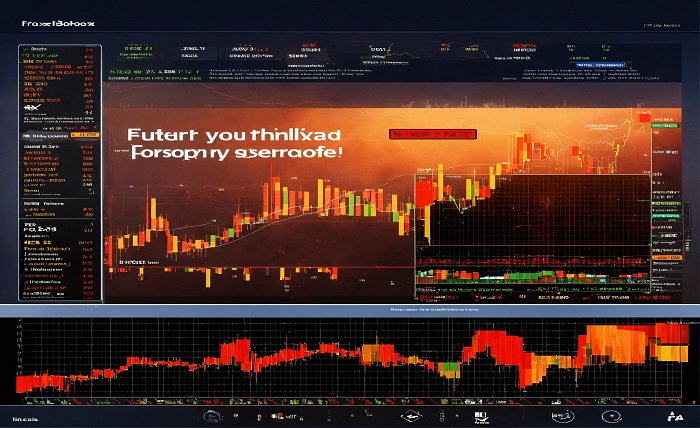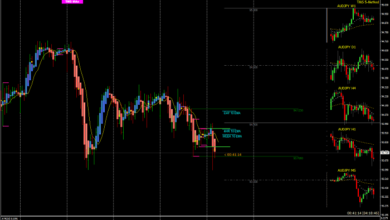Mastering Mutual Fund Investments: A Comprehensive Guide to Wealth Building

Investment In today’s dynamic financial landscape, individuals have opportunities that not only offer growth but also align with their risk tolerance. Mutual funds have emerged as a popular choice, providing diversification and professional management. This guide aims to demystify the process of investing in mutual funds, empowering both novice and seasoned investors to make informed decisions.
Understanding Mutual Funds
To embark on a successful mutual fund investment journey, one must grasp the fundamental concepts. A mutual fund pools money from various investors to invest in a diversified portfolio of stocks, bonds, or other securities. This diversification helps mitigate risk, making mutual funds an ideal option for those seeking a balanced investment strategy.
Assessing Risk Tolerance
Before diving into mutual fund investments, it’s crucial to assess your risk tolerance. Different funds come with varying levels of risk, ranging from conservative to aggressive. By understanding your risk appetite, you can select funds that align with your financial goals and comfort level.
Types of Mutual Funds
There is no one-size-fits-all approach to mutual fund investments. Various types cater to different investor preferences. Equity funds are suitable for those seeking higher returns, while bond funds provide a more stable income. Balanced funds combine both stocks and bonds, offering a middle ground. Explore the options and select funds that align with your financial objectives.
Researching Fund Performance
In the world of mutual funds, past performance is a crucial indicator of potential future success. Analyze a fund’s track record, considering factors like returns over different periods, consistency, and the fund manager’s expertise. Online platforms and financial news outlets can be valuable resources for researching and comparing fund performance.
Diversification is Key
One of the primary advantages of mutual funds is their ability to provide instant diversification. By investing in a variety of assets, the risk associated with individual securities is spread out. This not only enhances the potential for returns but also minimizes the impact of a poor-performing investment on the overall portfolio.
Cost Considerations
Mutual funds come with fees and expenses, impacting your overall returns. Be mindful of the expense ratio, which includes management fees and operating costs. While a higher expense ratio does not guarantee better performance, low-cost funds can contribute to higher net returns over time. Scrutinize the fee structure before making your investment decisions.
Regular Monitoring and Rebalancing
The financial landscape is dynamic, and so is the performance of mutual funds. Regularly monitor your investment portfolio and be prepared to rebalance it if necessary. Reassess your financial goals, risk tolerance, and market conditions to ensure your mutual fund investments remain aligned with your objectives.
Tax Implications:
Understanding the tax implications of mutual fund investments is crucial for optimizing returns. Different funds may have varying tax treatments, and it’s essential to be aware of potential tax liabilities. Consult with a tax professional to make informed decisions and strategize your investments to minimize tax burdens.
Discover step-by-step guides for easy drawing ideas. Perfect for beginners, enhance your skills with simple and fun drawing techniques!
Conclusion:
Investing in mutual funds can be a rewarding journey when approached with knowledge and strategy. By understanding your financial goals, risk tolerance, and the diverse range of mutual funds available, you can build a well-rounded portfolio. Regular monitoring, strategic rebalancing, and awareness of tax implications further contribute to a successful mutual fund investment strategy.
Discover the latest Globe phone models, plans, and deals. Stay connected with innovative features and affordable options for everyone
FAQ:
Q: Are mutual funds suitable for all investors?
A: Mutual funds offer a range of options suitable for various risk tolerances and financial goals. It’s essential to assess your risk appetite and investment objectives before selecting a fund.
Q: How often should I review my mutual fund portfolio?
A: Regularly monitor your mutual fund portfolio, at least annually. Consider reviewing it more frequently if there are significant market changes or shifts in your financial goals.
Q: Can I lose money with mutual funds?
A: Yes, like any investment, mutual funds come with risks. However, proper diversification and strategic planning can help mitigate potential losses.
Q: What fees are associated with mutual funds?
A: Mutual funds may have fees, including the expense ratio, which covers management and operational costs. It’s crucial to understand the fee structure before investing.
Q: How can I optimize my mutual fund investments for tax efficiency?
A: Consult with a tax professional to understand the tax implications of your mutual fund investments. Strategic planning can help minimize tax liabilities and optimize returns.




